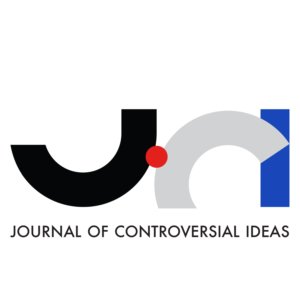Fire the Censors! It’s the Only Way to Restore Free Inquiry
(this article belongs to the Special Issue Special Issue Censorship in the Sciences)
Received: 14 Mar 2025 / Accepted: 19 Jul 2025 / Published: 27 Oct 2025
Abstract
“Censorship in the Sciences: Interdisciplinary Perspectives,” was a remarkable conference presenting a range of views on why free inquiry matters and how to restore it. Unfortunately, speakers dodged the central question: Why should censors stop their bad behavior? Here, I argue that politics often involves coercion. If one side uses coercion and the other does not, we all know who will win. We can only stop organized censorship of teaching, research, and speakers by making such behavior risky, by firing the censors, as they have long fired us. We now lack the power to do so, but over time, with the help of policies created by elected and appointed leaders, we can build the social and bureaucratic infrastructure to fire the censors and cancel the cancelers. I conclude with examples of legal and bureaucratic reforms likely to increase the risks faced by censors. If we fail to make their behaviors risky, then both higher education and democracy will succumb to a new dark age. The stakes are that high.
Keywords: free speech; cancel culture; critical theory; higher education; censorship
OPEN ACCESS
This is an open access article distributed under the Creative Commons Attribution
License which permits unrestricted use, distribution, and reproduction in any medium,
provided the original work is properly cited. (CC BY 4.0).
CITE
Maranto, R. Fire the Censors! It’s the Only Way to Restore Free Inquiry. Controversial_Ideas 2025, 5, 8.
Maranto R. Fire the Censors! It’s the Only Way to Restore Free Inquiry. Journal of Controversial Ideas. 2025; 5(2):8.
Maranto, Robert. 2025. "Fire the Censors! It’s the Only Way to Restore Free Inquiry." Controversial_Ideas 5, no. 2: 8.
Not implemented
SHARE
